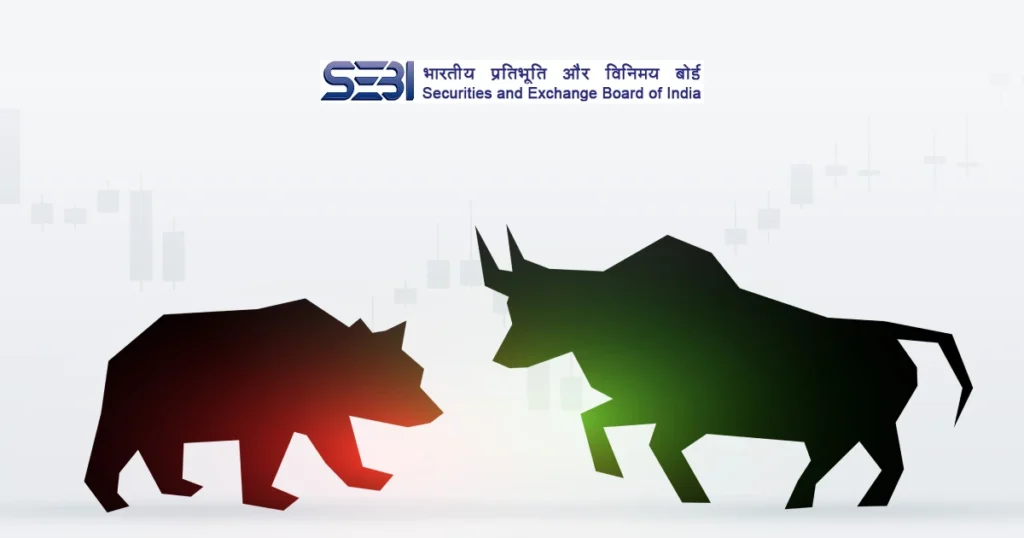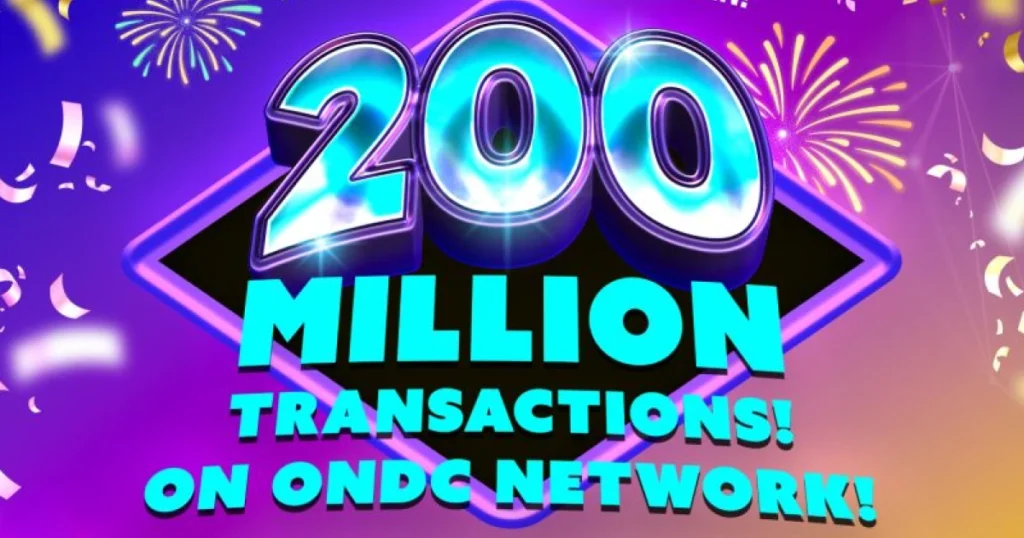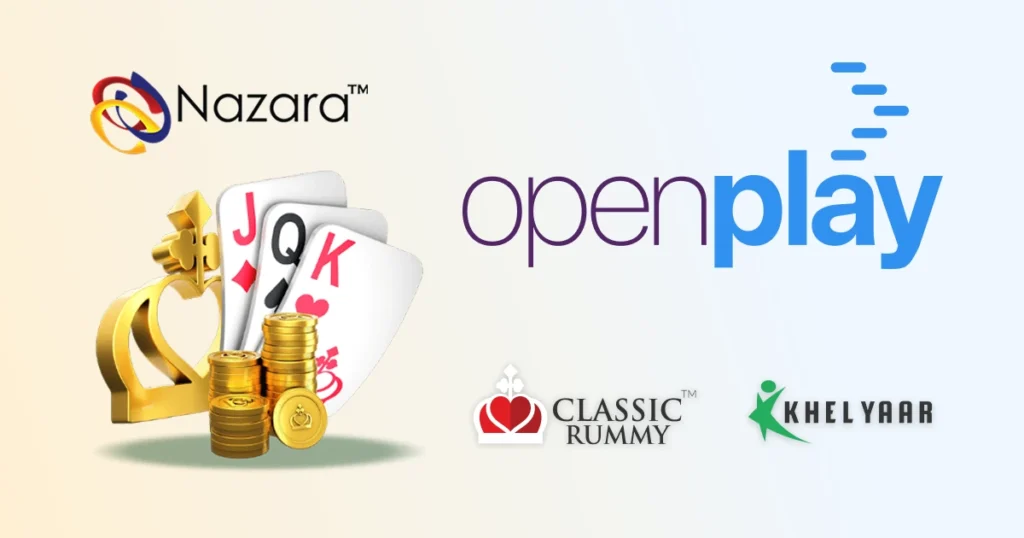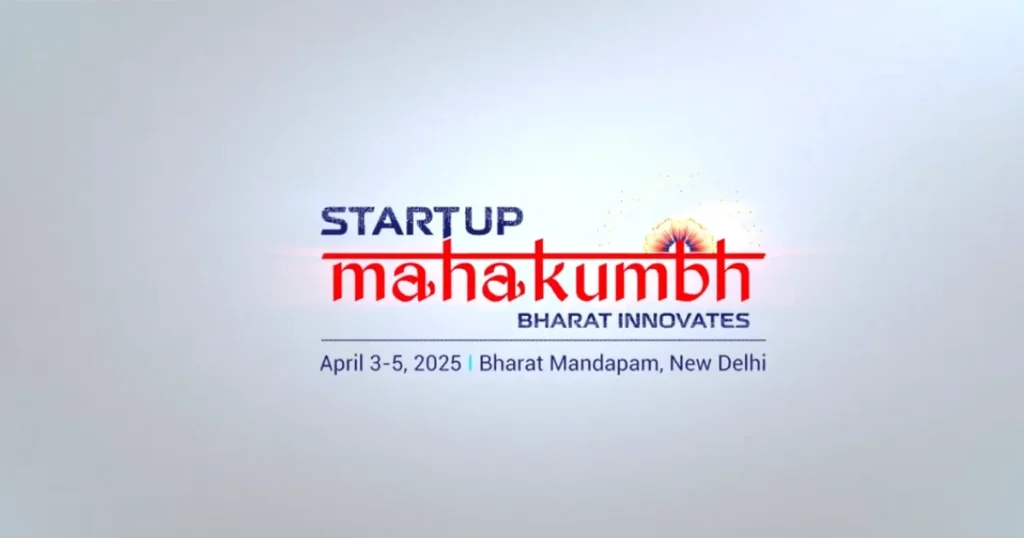The Securities and Exchange Board of India (SEBI) has announced a significant regulatory change aimed at enhancing investor protection and streamlining the trading process for retail investors.
Starting February 1, 2025, qualified stock brokers (QSBs) will be required to offer the Unified Payments Interface (UPI)-based block mechanism for trading in the secondary market, akin to the existing Application Supported by Blocked Amount (ASBA) facility available in the primary market.
The UPI block facility will enable investors to trade in the secondary market using funds that are blocked in their bank accounts rather than transferring them upfront to trading members.
This new mechanism is expected to bolster the use of UPI among retail investors, providing an additional layer of security and protecting investor assets from potential misuse and capital risks.
In addition to the UPI block facility, QSBs will also have the option to provide a three-in-one trading account, which combines a savings account, demat account, and trading account into one comprehensive solution.
Although these new facilities will be available, investors can still opt to use the traditional method of transferring funds directly to trading members.
This initiative reflects SEBI’s ongoing commitment to improving the trading environment for retail investors, promoting a more secure and efficient investment landscape.
The regulator has emphasized that while these facilities are optional, they represent a step forward in enhancing the safety and convenience of trading for individual investors.
To qualify as a QSB, trading members must meet specific criteria, including the scale of their operations, number of active clients, total client assets, end-of-day margins, and overall trading volume.
Being designated as a QSB comes with increased responsibilities and obligations, along with enhanced monitoring from Market Infrastructure Institutions.
Since its introduction in January 2019, the UPI mechanism for retail investor applications in public issues has seen growing acceptance, underscoring the regulator’s confidence in the effectiveness of UPI as a payment method in the financial sector.



















